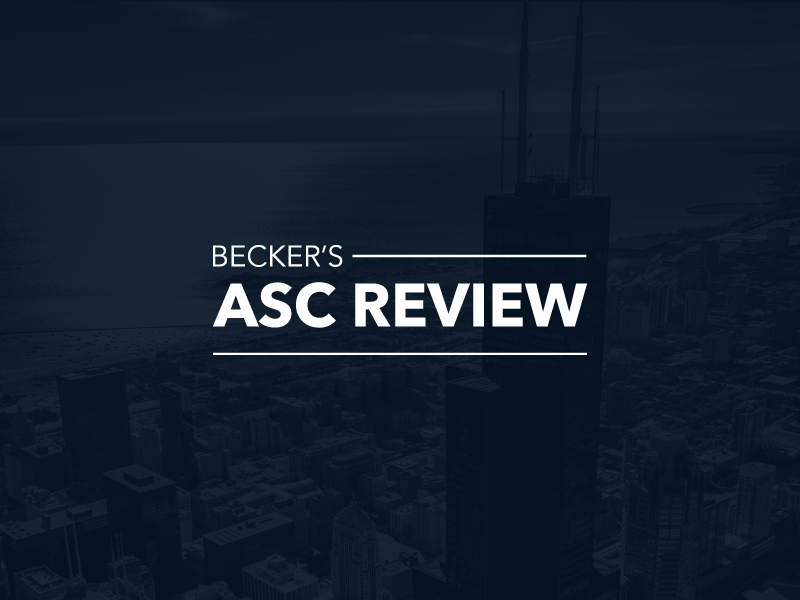There are only a handful of malpractice attorneys who do most of the suicide malpractice cases in the country. Other than that, it's plaintiff's attorneys who usually do other things (other medmal and personal injury cases) who pick up the odd psychiatric case. There is far less money in psychiatric malpractice cases than orthopedic cases, OB cases, etc. As a forensic expert I am often asked to review malpractice cases that aren't actually about psychiatric malpractice but where there are neuropsychiatric complications of negligent treatment.
The actual psychiatric malpractice cases I've reviewed have almost always involved either suicide or homicide though I reviewed one case which was predicated on wrongful diagnosis and treatment which plaintiff's estate claimed had led to irreversible decline (there was no case in my opinion there as even though she had been wrongly diagnosed it wouldn't have changed the outcome and a general psychiatrist would not have picked up the correct diagnosis). However, other issues that come up are adverse drug reactions or sexual boundary violations. Wrongful commitment is another one but it almost never goes anywhere even when there is a legitimate case. I reviewed one case like of wrongful commitment which completely baseless (plaintiff was in denial). I've also occassionally had psychotic patients call me up asking if I can be an expert witness for them claiming their antipsychotic caused all manner of things!
A new area I've also seen is lawsuits alleging negligent supervision of NPs. In order to testify in such cases you must supervise NPs and you need to opine on the standard of care of NP supervision.
Psychiatrists have the lowest malpractice risk of all specialties because we see fewer patients, have stronger relationships with said patients and family members, the low standard of care in the profession, the lack of clinical guidelines, psychiatric patients are seen as "unreliable narrators", and there is less money in the payouts which means it is not as attractive for lawyers. But you can still get sued, and the typical psychiatrist should still expect one lawsuit in a 40 yr career.


